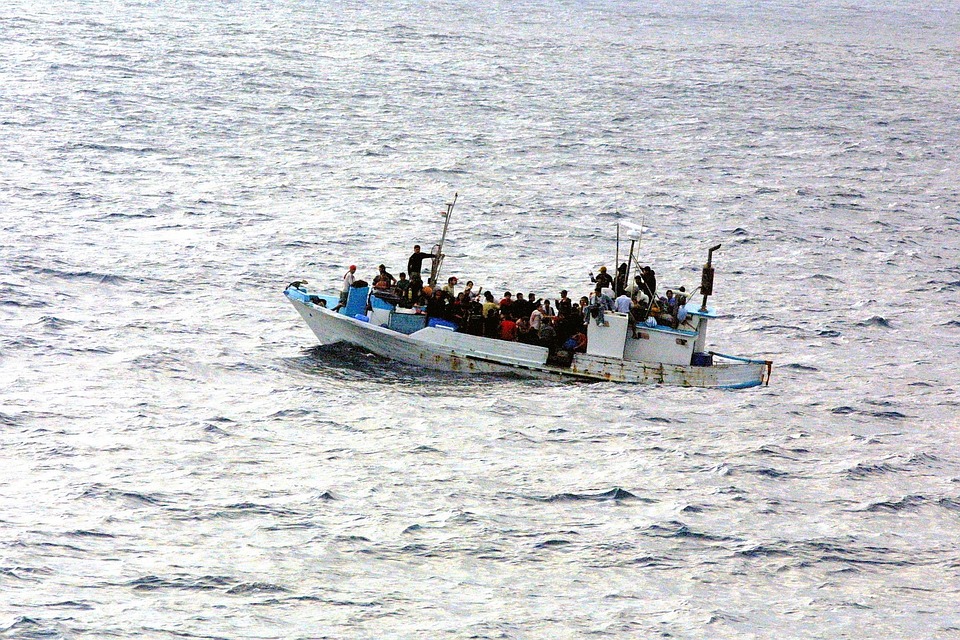
My gut reaction to this is to say it is abhorrent.
I was taught at an early age to look for the counter argument
to anything I was sure I was right about. Good journalists do this anyway, don’t
they?
So I try to understand why some people think this is all
right. And then offer the counter argument to that.
A major point seems to be – why do they want to come to the
UK? Why won’t they go to other parts of Europe and why won’t other parts of
Europe have them? In fact, other countries have taken in far
more refugees than we have. English may have something to do with it. More people
speak English so getting asylum in an English-speaking country is more appealing.
Patel wants so stop the “evil” boat trade. Sure, the people who
offer these migrants the services are asking for a lot of money for a poor
service. There is criminal neglect. Even
so, so desperate are these people to get away from the regime that have felt that it is worth it to them We would do well to remember that people who dare
to make these journeys are brave and creative and will eventually be an asset
to us.
We’re running out of room (Lebensraum? Now where have I heard
that before?) Rwanda has plenty. Well, despite
the fact that it’s a bit cosy here in places we’re not actually running out of
room. Why Rwanda? Lots of other African
states have lots of room as well. Why send then to a state that hasn’t behaved
all that well in the past. Even if we pick another African state, though, what does
it say about our attitude?
It’s only the illegal immigrants we want to send there for processing,
How do we know they’re “illegal” before
we’ve decided whether to give them asylum
or not; a soon as we decided to give them asylum they become legal. By the way it is not illegal to seek asylum.
Australia has done the same. Except that it’s ending it now. It was used for processing those who
arrived by boat. The argument was that it was to prevent deaths by boat travel.
Two problems here: they’ve already done
the life-threatening travel by boat by the time they’re processed. There is an implication
that processing them remotely is a punishment rather than an answer to a
logistics problem.
Some added concerns
Rwanda, given its history, is not a good choice.
Even the Nazis refrained in the end from sending Jews to Madagascar.
There is world-wide perception including from the UN that we
are acting illegally in this.
My reasoned reaction to this is to say that it is extremely abhorrent

